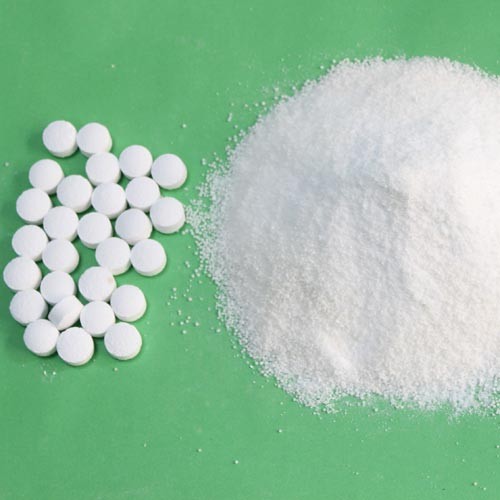What is Chlorination? — Safe Drinking Water Foundation
Jan 23, 2017 - Along with other water treatment processes such as coagulation, sedimentation, and filtration, chlorination creates water that is safe for public
Water chlorination - Wikipedia
Water chlorination is the process of adding chlorine or chlorine compounds such as sodium hypochlorite to water. This method is used to kill certain bacteria and other microbes in tap water as chlorine is highly toxic
Description of the Process - Chlorinated Drinking-Water
Prior to the successful widespread introduction of chlorination, water treatment techniques existed that included filtration, followed by chemical precipitation and
Chlorination of Drinking Water - Water Research Center
Chlorination is effective against many pathogenic bacteria, but at normal dosage rates it does not kill all viruses, cysts, or worms. When combined with filtration,
What is Chlorination? — Safe Drinking Water Foundation
Jan 23, 2017 - Along with other water treatment processes such as coagulation, sedimentation, and filtration, chlorination creates water that is safe for public
Water chlorination - Wikipedia
Water chlorination is the process of adding chlorine or chlorine compounds such as sodium hypochlorite to water. This method is used to kill certain bacteria and other microbes in tap water as chlorine is highly toxic
Water chlorination - Wikipedia
Water chlorination is the process of adding chlorine or chlorine compounds such as sodium hypochlorite to water. This method is used to kill certain bacteria and other microbes in tap water as chlorine is highly toxic
Water chlorination - Wikipedia
Water chlorination is the process of adding chlorine or chlorine compounds such as sodium hypochlorite to water. This method is used to kill certain bacteria and other microbes in tap water as chlorine is highly toxic
What is Chlorination? — Safe Drinking Water Foundation
Jan 23, 2017 - Along with other water treatment processes such as coagulation, sedimentation, and filtration, chlorination creates water that is safe for public
Chlorination of Drinking Water - Water Research Center
Chlorination is effective against many pathogenic bacteria, but at normal dosage rates it does not kill all viruses, cysts, or worms. When combined with filtration,
